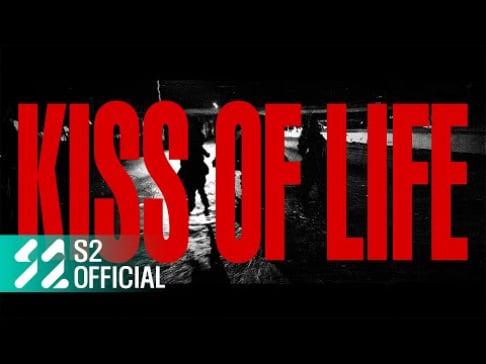
Recently, an intrigued netizen initiated a thread in a well-known online community to discuss a unique term exclusive to the K-pop industry. The user in question was curious as to why the industry began referring to music releases as a 'Single Album' as opposed to labeling them as just a 'Single' or 'Album.'
For most of the global music industry, the term 'Single' refers to a release of 1 to 3 tracks, while an 'Album' encompasses a more comprehensive collection of more than 7 tracks.
In stark contrast, K-pop idols have adopted the term 'Single Album' to denote a release of 1 to 3 tracks and use 'Single' exclusively for single-song releases.

These semantic differences drew the attention of Korean netizens and K-pop fans, leading to a spirited discussion. The conversational thread soon filled up with commentary from online community participants.
They commented, "A single should be a single and an album should be an album," "Even an overseas wiki page said that 'Single Album' is only used in Korea. I don't think it's weird but it can be confusing," "It's Konglish," "So an Album would be a collection of 10 or more tracks, EP should be 4-5 tracks or 3-5 tracks, a single would be 1-2 tracks. But now single is when they release 1 track" and "This is interesting, I never thought 'Single Album' was only used in Korea."
 SHARE
SHARE













































Even though it is called a 'single', artists are expected to release at least two songs, one being the title track while the other one becomes the B Side to further showcase the artists' vocal ability.
.
As for the albums, on the other hand, it is normal to see at least twelve songs per album before. I even remember seeing fifteen songs + 1 bonus track which is a variation e.g. acoustic or remixed version of the title track.
.
But now? I usually see ten and the list barely lasts an hour.🤣
3 more replies